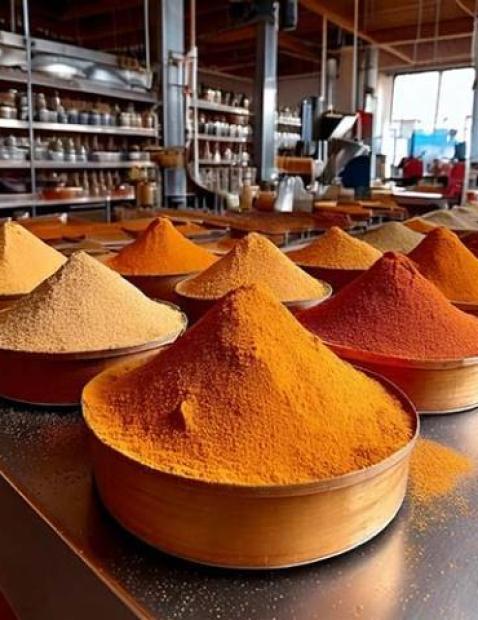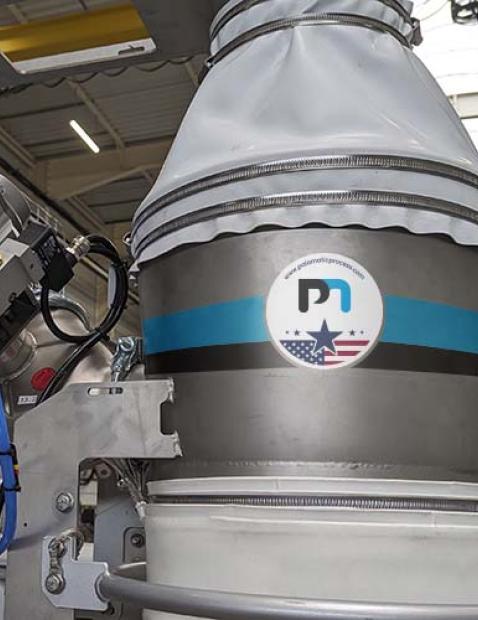The food sector is regularly confronted with health scandals where diseases and viruses are transmitted, such as mad cow disease, salmonella contamination of milk, etc.
In order to protect consumers and employees in the sector, the food industry is subject to strict hygiene rules concerning all the foodstuffs it processes, produces, stores, transports and sells. Hygiene involves both the food manufacturing process and the equipment used to produce it, as well as the production operators, who are required to wear PPE.
We will detail the main standards in the sector and then highlight the points to watch out for.
1. The main standards in the food sector
Existing standards in the food industry are established by national, European and international bodies such as the European Committee for Standardisation (CEN) or the International Organisation for Standardisation (ISO).
The ISO 22000 standard is a food safety management system standard. It is one of the most important standards since all companies linked to the food chain (food producers, transporters, distributors, etc.) are concerned. The main reference framework resulting from this standard is the HACCP approach (Hazard Analysis Critical Control Point), which aims to identify, evaluate and control food safety hazards through 7 principles. Although HACCP is not a standard in itself, French and European food manufacturers must apply it, with the exception of SMEs that do not have the financial or material means to obtain the standard. However, the latter must respect the sanitary rules in force and submit to frequent controls.
The ISO 9001 (quality management system) and ISO 14000 (environmental management) standards are also important for the industry.
It should be noted that the measures to be respected vary according to the origin of the product, its destination and the nature of the agri-food chain (industrial, local, organic). The regulations applied also differ according to the degree of preservation of the product (fresh, long conversation, frozen).
Each foodstuff produced and packaged must be labelled to ensure its traceability.
It is essential to keep up to date with the rapidly changing regulations.

Do you handle food powders and would
like advice? I am available for discussion.
Jean-Luc, powder expert
2. Cleanliness of the workplace and wearing of PPE
Hygiene in the food industry is first and foremost a question of the production premises and the employees who handle the various ingredients there.
As far as the staff is concerned, the company must train them and provide them with all the necessary personal protective equipment (PPE) - cap, apron, sleeves, gloves, shoe covers, overalls, boots, etc. - to guarantee them good safety and avoid any contamination of the products processed.
For the premises where food is manufactured, processed and/or stored, various measures can be put in place to ensure that sanitary standards are met:
- Regular cleaning of all surfaces in contact with food
- Regular cleaning of all food contact surfaces: - Storage of food in dry, ventilated areas at moderate temperatures
- Installation of revolving doors so that employees do not have to touch the door handles
- Thermal insulation through the use of flexible PVC strip curtains
- ...
3. Industrial equipment requirements
Similar to the production premises, the equipment used for food production must always be clean and must not generate cross-contamination.
The industrial equipment used in the mixing, dosing, sieving, grinding, transfer, packaging, deconditioning and other stages must therefore be easily dismantled, accessible and cleanable.
Palamatic Process has a range of Easy Clean hygienic equipment that meets these requirements. Depending on the design, the machines can be cleaned by easy disassembly or by washing nozzles via a Cleaning In Place (CIP) system.
Inert, non-adsorbent materials suitable for food contact as well as smooth, continuous surfaces are to be preferred when selecting equipment.
Depending on the bulk material handled, sealing can be an important criterion. Stations with sealed doors exist and allow total containment of the product as well as protection of operators during the opening of big bags, sacks, drums, etc.
Industrial dedusting systems are also relevant to filter dust from the ambient air and keep production areas clean. In addition to ensuring a healthy and safe working atmosphere for operators, the installation of a dust collector guarantees the proper functioning of your equipment and therefore the sustainability of your production process.




















